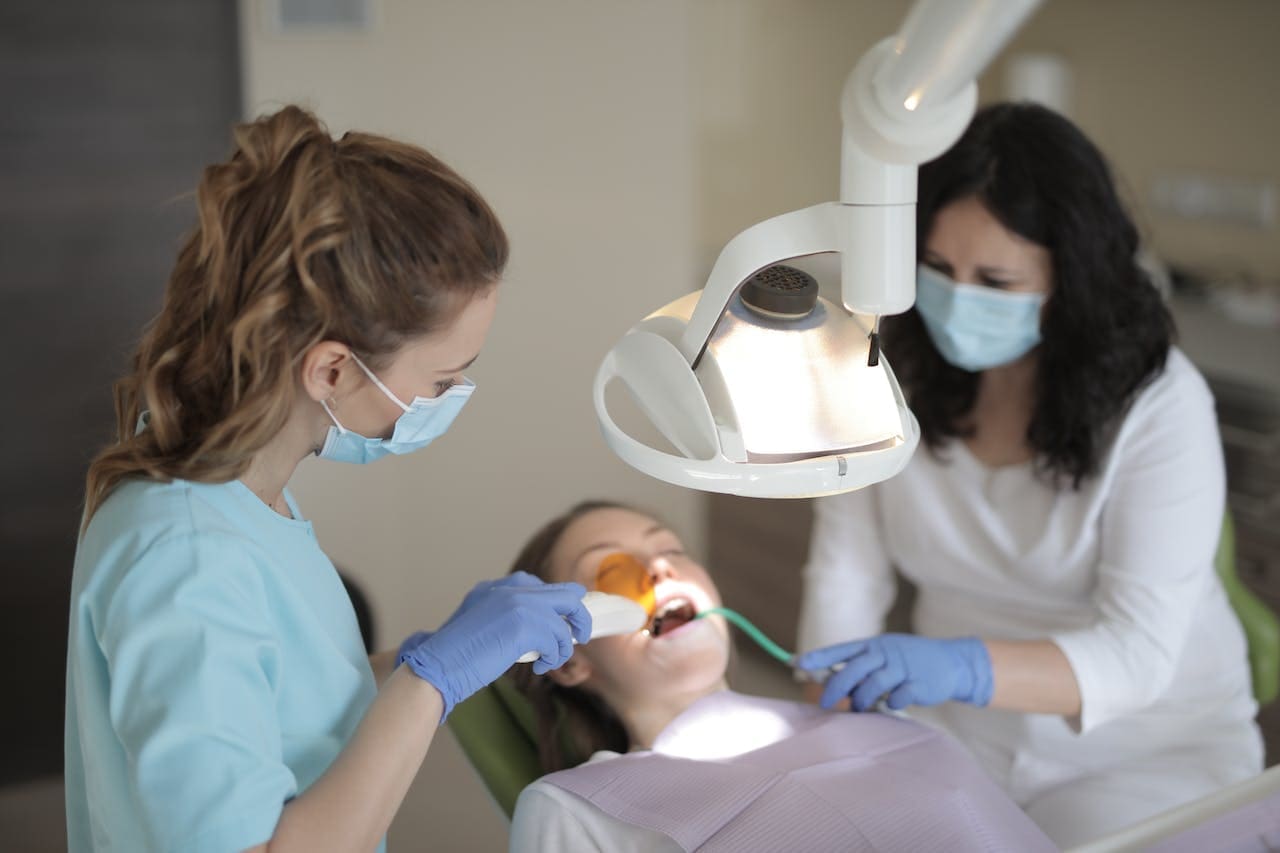Common Symptoms of TMJ/TMD
Identifying the symptoms of TMJ/TMD is the first step towards finding relief from jaw discomfort. Some common signs and symptoms associated with TMJ/TMD include:- Jaw Pain and Tenderness: One of the most common symptoms of TMJ/TMD is persistent pain or tenderness in the jaw joint, which may worsen when speaking, eating, or even yawning.
- Limited Jaw Movement: Individuals with TMJ/TMD may experience difficulty opening their mouths fully or may find their jaw becomes locked in an open or closed position.
- Popping or Clicking Sounds: When moving the jaw, it is not uncommon for those with TMJ/TMD to hear or feel popping or clicking sounds within the joint. While these sounds can be concerning, they are not always indicative of a severe issue.
- Headaches and Earaches: Many people with TMJ/TMD also suffer from headaches, earaches, and facial pain, since the muscles and nerves surrounding the jaw joint can be affected by the disorder.
- Bruxism: In some cases, TMJ/TMD can cause teeth grinding or clenching, either during the day or while asleep.
Diagnosing TMJ/TMD
To diagnose and accurately determine the cause of your TMJ/TMD, your dentist at Weston Dental Specialists Group will conduct a comprehensive examination that may include:- Medical History Review: A detailed review of your medical and dental history, including any previous jaw injuries, dental procedures, or existing health conditions.
- Physical Exam: A thorough examination of your jaw, teeth, and oral structures to identify signs of wear, misalignment, or other concerns that may contribute to your TMJ/TMD symptoms.
- Jaw Movement Assessment: Your dentist will assess your jaw movement, checking for clicking or popping noises, limited motion, or discomfort when opening and closing your mouth.
- Imaging: X-rays, CT scans, or MRI scans may be utilized to gain a better understanding of the joint’s structure and identify any abnormalities that may contribute to your TMJ/TMD symptoms.
Treatment Options for TMJ/TMD
There are various treatment options available for TMJ/TMD, depending on the severity and cause of your symptoms. Your dentist at Weston Dental Specialists Group may recommend one or more of the following treatments:- Lifestyle Changes: Simple lifestyle modifications like adopting a soft food diet, avoiding excessive chewing, and practicing relaxation techniques can help reduce stress on the jaw joint and alleviate symptoms.
- Pain Management: Over-the-counter or prescription anti-inflammatory medications, muscle relaxants, or analgesics can help manage pain and inflammation associated with TMJ/TMD.
- Oral Appliances: Custom-made oral appliances, such as night guards or splints, can be worn to help prevent teeth grinding, reduce tension in the jaw muscles, and promote proper alignment.
- Physical Therapy: Physical therapy exercises, massages, and stretches can help improve jaw muscle strength, flexibility, and overall joint function.
- Orthodontics: In some cases, TMJ/TMD symptoms may be attributed to misaligned teeth or a misaligned bite. In these cases, orthodontic treatment like braces or Invisalign clear aligners may be recommended to correct the issue and alleviate symptoms.
- Surgery: In rare cases with severe TMJ/TMD or when conservative treatments prove ineffective, surgical intervention may be necessary to repair or replace the jaw joint.
Preventing TMJ/TMD
Although not all instances of TMJ/TMD can be prevented, there are steps you can take to maintain a healthy jaw joint and minimize your risk of developing symptoms:- Regular Dental Checkups: Regular dental visits can help identify signs of TMJ/TMD early, allowing for timely intervention and treatment.
- Maintain Oral Health: Practicing good oral hygiene and addressing dental issues can help prevent complications that contribute to TMJ/TMD.
- Address Bruxism: If you have a teeth grinding habit, seeking treatment with a custom-fit oral appliance can protect your jaw joint from long-term damage.
- Manage Stress: Since stress is a common trigger for teeth clenching or grinding, practicing stress management techniques can minimize its impact on your jaw joint.


